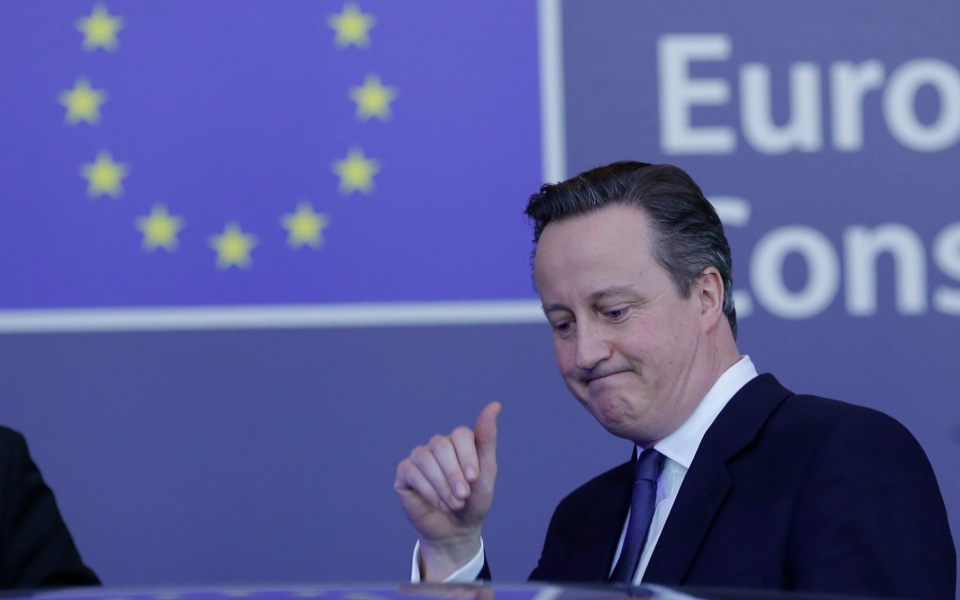Brexit referendum: A risk not worth taking

Following “painful” negotiations with the 27 other European Union leaders in Brussels, Prime Minister David Cameron announced an EU referendum for Thursday, June 23. Mr Cameron is asking British people to vote to remain in the EU on the grounds that he has now “secured” a deal which goes some way towards “reforming” the European Union and “securing” Britain’s interests in Europe. What has Mr Cameron “achieved” and how will his deal play out with his Conservative party and the voters?
Mr Cameron “demanded” that:
1. The City of London continue to operate as Europe’s biggest financial centre under the “regulatory eye” of the Bank of England, not the “regulatory eye” of the EU’s “bureaucrats”;
2. Tax credits and tax benefits for migrants who come to work in the UK only be available for a limited time;
3. The UK retain its sovereignty in the sense that if a closer fiscal union is pursued in the future, this will not apply to the UK.
Mr Cameron’s deal went a rather limited way towards achieving his demands. Nevertheless, part of his Conservative cabinet appears unhappy with what he has “achieved”. This was always going to be the case. An EU referendum was never going to be decided on trivial issues like tax credits and tax benefits. In fact, UK voters will have to decide the outcome of the referendum by looking at the bigger picture: Will Brexit make us economically better or worse off?
To answer this, let me note that the status quo allows the UK to enjoy in a smooth and uninterrupted manner approximately 45% of its trade with the rest of the European Union. If Brexit occurs, we will have to enter into legally messy and extremely time-consuming negotiations with each one of the remaining 27 countries in order to secure a viable bilateral trade agreement. Why on earth would any of the other 27 countries be in a hurry to sign an agreement with the UK immediately after the latter has decided to reject the EU community? The whole situation brings to mind a football match allegory: The UK currently has a season ticket in Europe, so why would it want to switch to individual and much more expensive football match tickets?
All in all, following a possible Brexit decision, it is almost certain that the UK would lose out. I mentioned disruption to trade. There is much more than that. Only recently, credit rating agency Standard & Poor’s fired a warning shot, saying that the UK would be downgraded one notch on leaving, and this could double if relations with Brussels deteriorate. And unlike Standard & Poor’s, the other two main credit rating agencies, Moody’s and Fitch, have already stripped Britain of its precious AAA rating – the highest possible. If all three downgraded Britain after Brexit, the road back to AAA status would be even harder. These decisions do matter. Sovereign credit ratings estimate the probability that a country will default on its debts. They set the tone for the borrowing costs in international markets both for the country and the financial institutions operating there. Increasing the interest rates that the country pays to borrow means less money to spend on schools, hospitals and so forth. Downgrades also weaken the stock market.
In other words, a Brexit decision would increase UK borrowing costs, make it more difficult to invest, hit the stock market, make it also more difficult to export and, eventually, slow down the economy and result in big job losses. Is this the way British people would choose to vote in the forthcoming referendum?
* Costas Milas is a professor at the University of Liverpool





